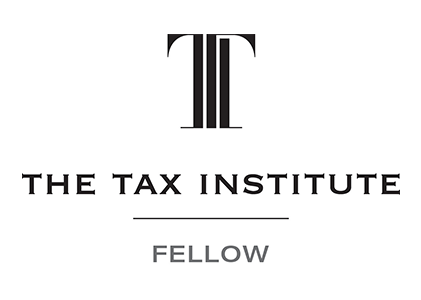
What is it?
The personal property securities register (more commonly known as the PPSR) is an official government register. It’s effectively a public noticeboard of security interests in personal property (see below) that is managed by the Registrar of Personal Property Securities.
Security interests
Security interests are most commonly created when a secured party (such as a lender) takes an interest in personal property of a grantor (such as a borrower) as security for a loan or other obligation. The security interest means the secured party can take the personal property (known as the collateral) if the secured obligation is not met, such as defaulting on a loan.
Personal property
Personal property to which the PPSR applies is property other than land, buildings and fixtures to the land. It includes goods, motor vehicles, planes, boats, intellectual property such as copyright/ patents/designs, shares, bank accounts and debts.
The debts or other obligations that are secured by personal property are shown on the register (if registered). The PPSR is accessible by the public 24/7. The PPSR came into existence on 30 January 2012 and replaced many state-based registers, such as REVS and other vehicle registers and the ASIC Register of Company Charges, to form one national register.
Put simply, the register assists both those with a security interest over property, and also consumers/businesses purchasing property as follows:
Registering
When someone registers a security interest on the PPSR, they are letting the world at large know that they claim to have a security interest over certain personal property. Registering on the PPSR is a way to notify others if personal property such as cars, goods or company assets have security interests over them. Registering your security interest correctly on the PPSR can protect you and give you extra rights in the property it’s registered over. This is especially important if the person who gave you the interest goes insolvent. A registration also offers other protections such as ranking you at a higher priority over other security interests.
Searching
Consumers including businesses can search the PPSR to see if someone has registered a security interest over personal property (which they may want to do before buying property or lending money to someone). When you search you will receive a certificate that you can retain as proof of whether or not a security interest was registered at the time of your search. If you don’t do a search and then proceed to purchase property that has an existing security interest registered over it, you place yourself at risk of the goods being repossessed even though you have paid for them. Millions of searches and registrations take place on the PPSR every year.
Our Management Credentials




